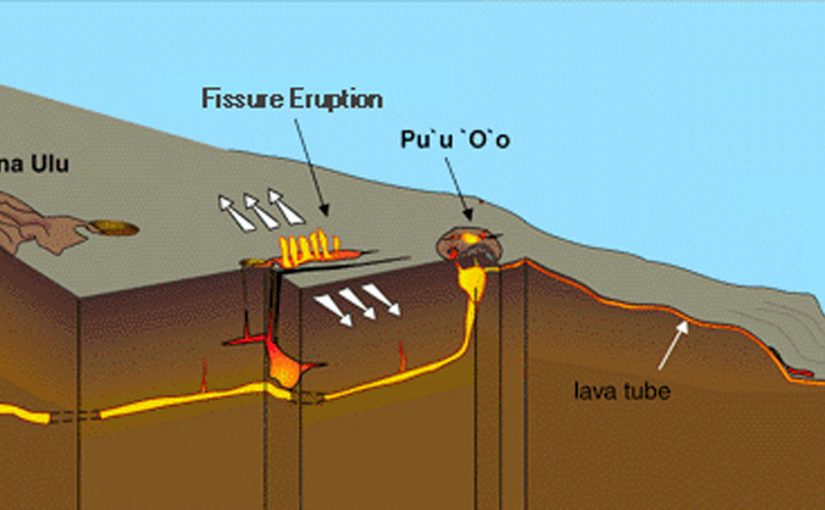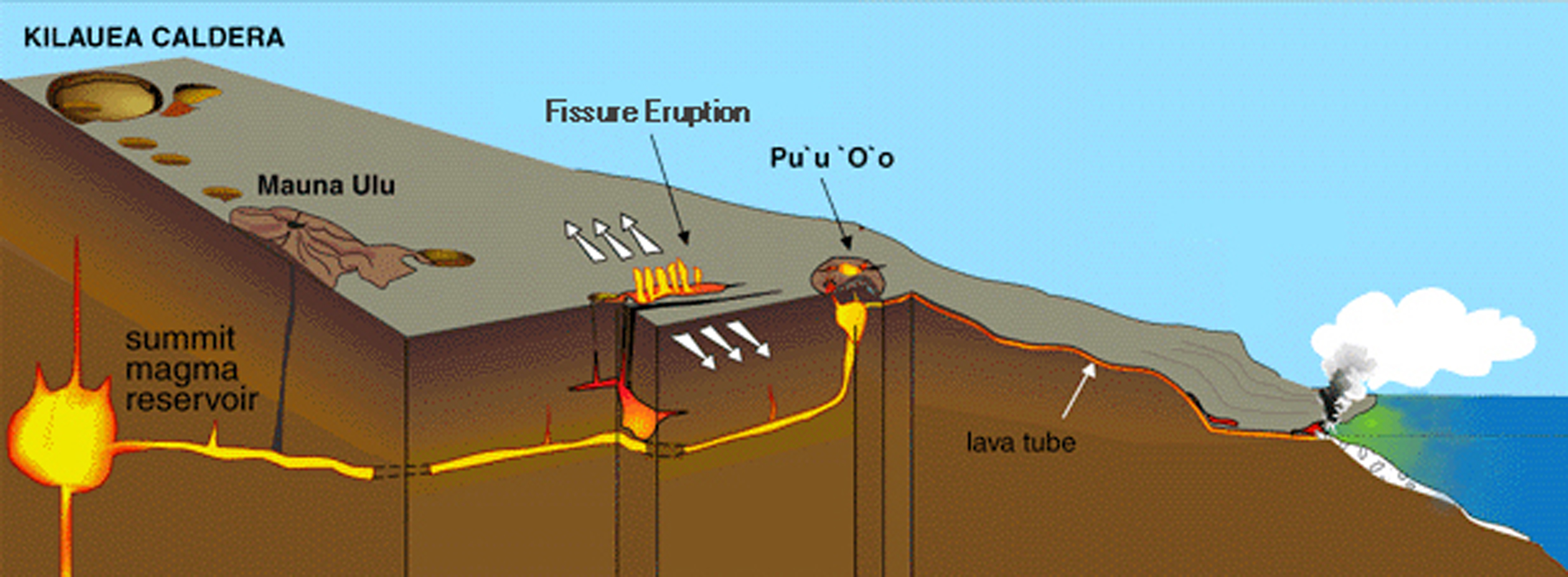I’ve been seeing this a lot lately. You don’t need “event” here! Harrumpf.
Seems weather forecasters feel that they sound more important (or professional or esoteric) if they say “weather event.” But “storm,” “rain,” “tornado,” “high winds,” or whatever, all are more precise and convey more information with fewer words.
What about “impact” here? It hadn’t happened yet for “impact” back in the 1800’s, but in English, a lot of words can be either a noun or a verb (we have “a hit,” and “to hit,” for example), and many words can go either way. Back then, “impact” was still a noun.
I should add that a lot of grammarians don’t particularly like this feature of English, particularly when we already have perfectly good nouns and verbs in the lexicon. For instance, “to office” is pretty bad.
So remember the second rule of expository writing: be concise.




